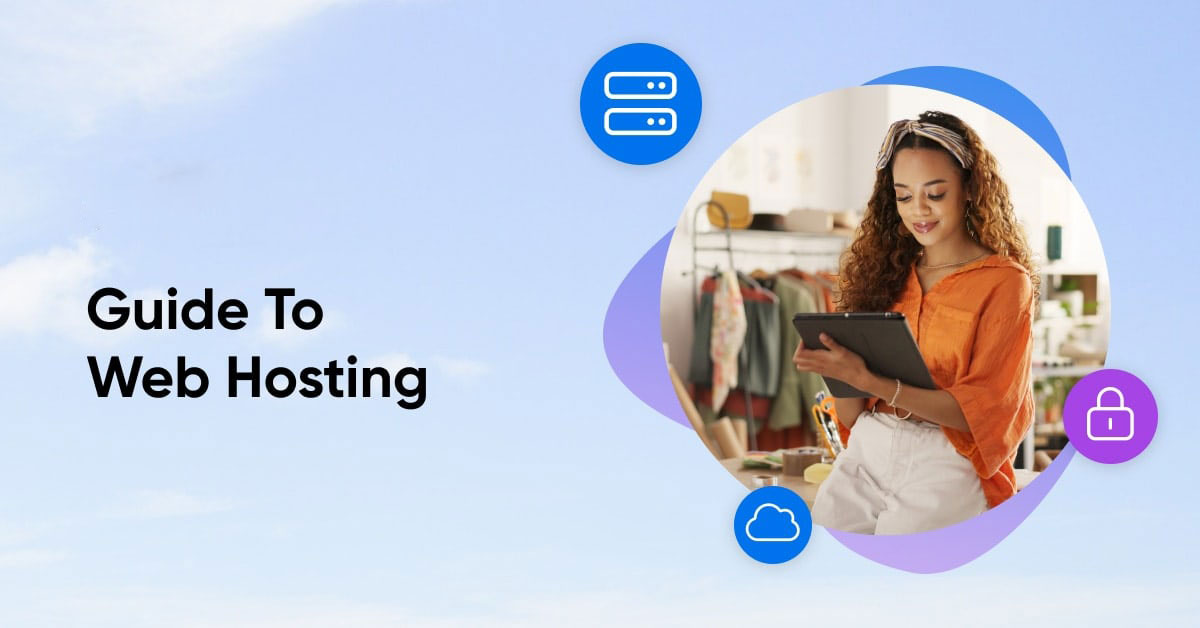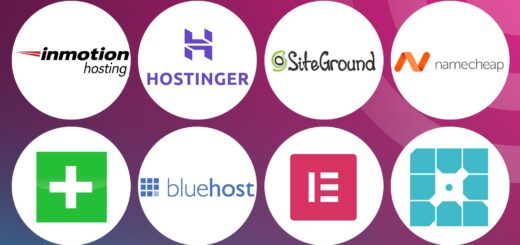Choosing the Right Web Hosting: A Complete Beginner’s Guide

When you’re starting a new website, one of the most important decisions you’ll make is choosing the right web hosting. Your hosting service directly affects your website’s speed, performance, uptime, and overall success. With so many options available, it can be confusing to decide which one fits your needs best. In this beginner’s guide, we’ll break down everything you need to know before picking a web host.
🌐 What Is Web Hosting?
Web hosting is a service that allows individuals and businesses to make their websites accessible on the internet. In simple terms, hosting companies rent out space on their servers where your website’s files (HTML, images, videos, databases, etc.) are stored.
When users type your domain name (like www.yourwebsite.com), the browser connects to your hosting server and displays your site.
🧩 Types of Web Hosting Explained
Before choosing a plan, it’s important to understand the main types of hosting services available:
1. Shared Hosting
- Best for: Beginners and small websites.
- What it is: Multiple websites share the same server and resources.
- Pros: Affordable, easy to set up, beginner-friendly.
- Cons: Limited resources, slower performance if other sites on the server are busy.
💡 Example: Ideal for personal blogs or small business sites.
2. VPS Hosting (Virtual Private Server)
- Best for: Medium-sized websites and growing businesses.
- What it is: Your website still shares a server but with dedicated portions of resources.
- Pros: Better performance and control than shared hosting.
- Cons: Slightly more expensive and requires some technical knowledge.
💡 Example: Suitable for eCommerce stores or high-traffic blogs.
3. Dedicated Hosting
- Best for: Large websites or enterprises.
- What it is: You get an entire physical server just for your website.
- Pros: Maximum performance, security, and customization.
- Cons: Expensive and requires technical management.
💡 Example: Perfect for large-scale applications or corporate websites.
4. Cloud Hosting
- Best for: Businesses that expect scalability.
- What it is: Your website runs on multiple interconnected servers in the cloud.
- Pros: Scalable, reliable, and handles sudden traffic spikes easily.
- Cons: Can get costly based on usage.
💡 Example: Great for fast-growing startups or online stores.
5. Managed WordPress Hosting
- Best for: WordPress-based websites.
- What it is: Hosting optimized for WordPress with pre-installed plugins, updates, and security.
- Pros: Easy management, strong performance, and automatic backups.
- Cons: Slightly higher price compared to basic shared plans.
💡 Example: Perfect for bloggers and WordPress developers.
⚙️ Key Factors to Consider When Choosing a Web Host
1. Uptime Guarantee
Look for a provider that offers 99.9% uptime or higher — this ensures your website stays online almost all the time.
2. Speed and Performance
Fast loading times improve SEO rankings and user experience. Choose hosts with SSD storage, CDN support, and optimized servers.
3. Customer Support
24/7 support (via chat, phone, or email) is crucial, especially for beginners. A responsive support team saves you time and stress.
4. Security Features
Ensure your host offers SSL certificates, firewalls, malware protection, and automatic backups.
5. Scalability
Your website will grow — choose a hosting plan that can grow with it. Cloud or VPS hosting offers easy scalability.
6. Pricing and Renewal Rates
Compare initial pricing with renewal rates. Many providers offer cheap introductory prices that increase after the first term.
7. Ease of Use
For beginners, a simple control panel (like cPanel or Plesk) helps manage files, domains, and emails easily.
🏆 Top Recommended Web Hosting Providers
Some popular and reliable web hosting companies include:
- Bluehost – Ideal for beginners with great WordPress integration.
- Hostinger – Affordable with excellent performance.
- SiteGround – Strong security and customer service.
- A2 Hosting – Known for speed and developer-friendly tools.
- AWS or Google Cloud – Best for enterprise-level scalability.
🧠 Tips for Beginners
- Start small — you can always upgrade later.
- Always enable SSL for your website (free with most hosts).
- Keep regular backups of your website.
- Monitor your website’s performance and uptime regularly.
- Read customer reviews before committing to a host.
🚀 Conclusion
Choosing the right web hosting is one of the most important steps in your online journey. The right host ensures your website is fast, secure, and always available to your audience. Whether you’re starting a blog, an online shop, or a business site, take time to evaluate your needs, compare options, and choose wisely.
Remember — your web host is the foundation of your online presence. Build it strong!


